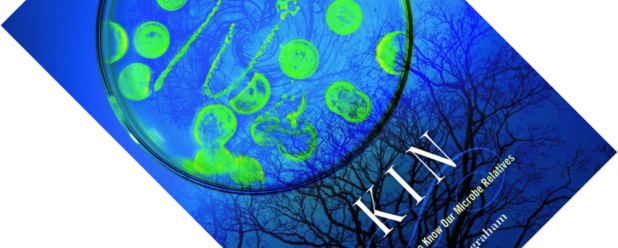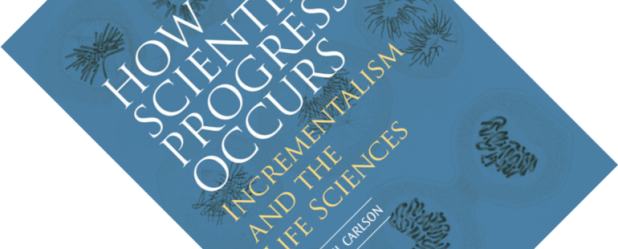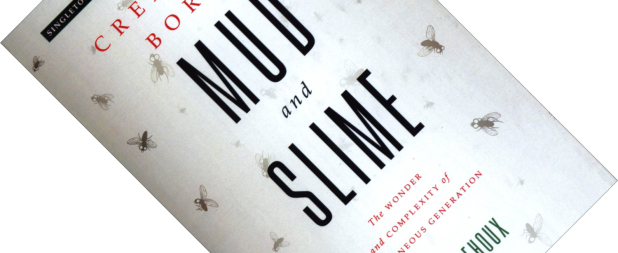The problem with many history books is that they are written long after the facts, sometimes when the original protagonists are no longer alive. Historians or journalists often have no choice but to puzzle together the pieces of their story from eyewitness testimony or archival sources. Kin: How We Came to Know Our Microbe Relatives is a welcome exception to this rule. Written by emeritus microbiology professor John L. Ingraham, currently 94 years young, this book gives an intellectual history of the discipline of microbiology based on over seven decades of first-hand involvement and observation.
spontaneous generation
Book review – How Scientific Progress Occurs: Incrementalism and the Life Sciences
This review is part of a double bill. Cold Spring Harbor Laboratory Press recently published How Scientific Progress Occurs: Incrementalism and the Life Sciences. In it, Elof Axel Carlson explores the relevance to biology of the ideas Thomas S. Kuhn formulated in his book The Structure of Scientific Revolutions. Having read both books back-to-back, this review follows on the one of Kuhn’s book.
Book review – Creatures Born of Mud and Slime: The Wonder and Complexity of Spontaneous Generation
Spontaneous generation, the idea that life can arise out of non-living matter, is both alive and dead today. Current science accepts the idea that at some point in the distant past, complex self-replicating molecules arose, which formed the starting point of billions of years of unicellular life. But there is an obsolete side to this theory. For millennia, philosophers and scientists believed that all sorts of creatures could arise spontaneously from the mud and slime this book refers to. In the late 1850s, The French microbiologist Louis Pasteur performed experiments that definitively put the nail in the coffin for this idea.
Quite a few books have been written about the later discussions around this theory and its eventual demise (contemporary examples are John Farley’s The Spontaneous Generation Controversy from Descartes to Oparin or James Strick’s Sparks of Life: Darwinism and the Victorian Debates over Spontaneous Generation). Based on a three-part lecture series, this purposefully short book, which is not intended as a complete history, gives a whistle-stop tour of spontaneous generation from Antiquity to 1769. Are you ready?



